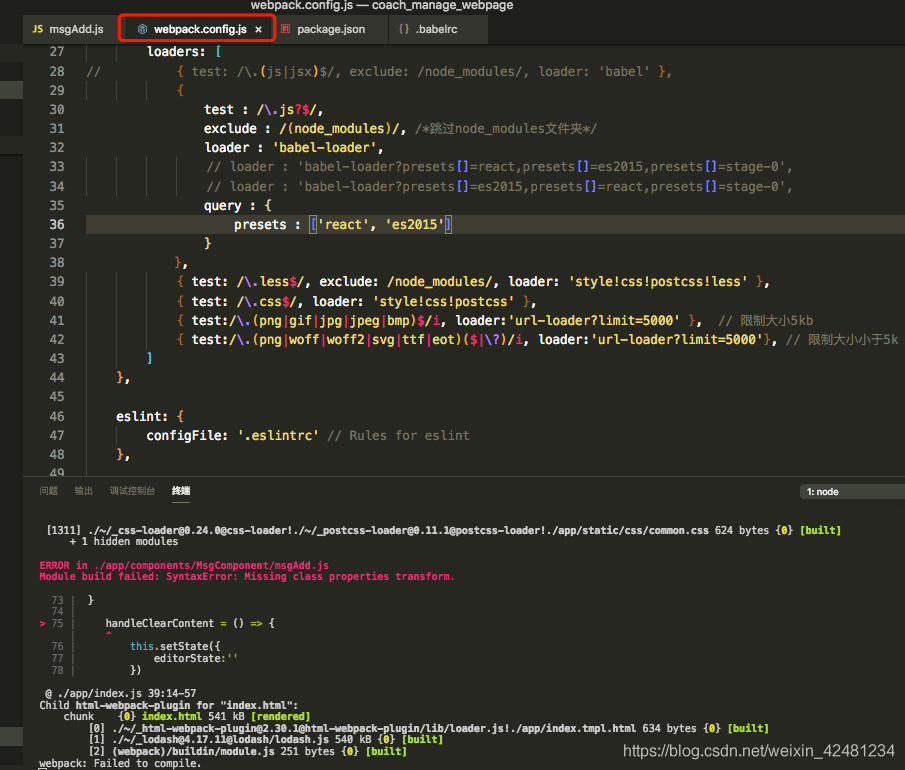
This study investigated the relationships among despotic leadership, toxic workplace environment, cognitive distraction, and employee turnover intention. The mediating effect of psychological resilience in the relationship between social support and coping style was significant (95% CI: 0.168, 0.384), and accounted for 25.84%.ConclusionĪttention should be paid to the psychological status of medical residents, and social support and psychological flexibility can be used to increase the enthusiasm for their coping style and promote their mental health.ĭespotic leadership builds adverse emotions and turnover intentions in the employees of an educational organization. The mediating effect of psychological resilience was tested using SPSS Process.ResultsPositive correlations between social support, psychological resilience and coping style were found (r = 0.474, P < 0.001 r = 0.473, P < 0.001 r = 0.353, P < 0.001). Associations between social support, psychological resilience, and coping styles were assessed using Pearson correlation analysis.

This study aimed to investigate medical residents' levels of social support, psychological resilience, and coping style, and explore the mediating role of psychological resilience, which can ultimately provide a new theoretical basis for improving medical residents' psychological status and quality of work and life.MethodsA total of 577 medical residents from China were investigated by an online questionnaire, using convenience sampling. Recent surveys have paid insufficient attention to the psychological status of medical residents, but medical residents, as a special group of medical workers, need to be focused on. Moreover, companies are needed to carefully consider the risk of the sense of isolation when marketing to SNS users. Therefore, the government should set policies by reflecting citizens' mental difficulties and SNS activities together. In conclusion, psychological discomfort partially affects the intensity of SNS use. In addition, cabin fever syndrome influences SNS usage intensity, affective risk perception, and cognitive risk perception. Cognitive risk perception is positively related to social distancing intention. The results show that the affective risk perception significantly affects social distancing attitude. Using structural equation modeling (SEM), this study applied SmartPLS 3.3.9 to analyze 271 valid samples. The purpose of this study is to explore the effects of psychological discomforts on the social network site (SNS) usage intensity of University students. Since face-to-face classes are restricted, students in higher education become to feel psychological and cognitive discomforts such as isolation and risk perception. Social distancing, working from home, and non-face-to-face lectures have led to major changes in people's activities. To cope with the COVID-19 pandemic, many countries are implementing social measures.

Future studies could be conducted to adapt instructions and curricula to social media environments for education in an emergency. Teacher education institutions can devise strategies to develop social media platforms for student socialization during an emergency to help build resilience against the negative psychological effects of social isolation. Results revealed that social media and online class participation played a mediating role between social support and psychological resilience in the pre-service special needs education (SNE) teachers studied. Partial least square structural equation modeling (PLS-SEM) was applied using Smart-PLS 3.2.8. A survey was conducted with 377 pre-service special needs education (SNE) teachers enrolled at universities in Pakistan. This research aimed to study the role of online class participation and social media usage to link the social support available from family and friends to psychological resilience among pre-service special education teachers against the negative psychological effects of the COVID-19 pandemic lockdown. Social support was an important factor in minimizing the effect of social isolation during the COVID-19 pandemic lockdown.


 0 kommentar(er)
0 kommentar(er)
